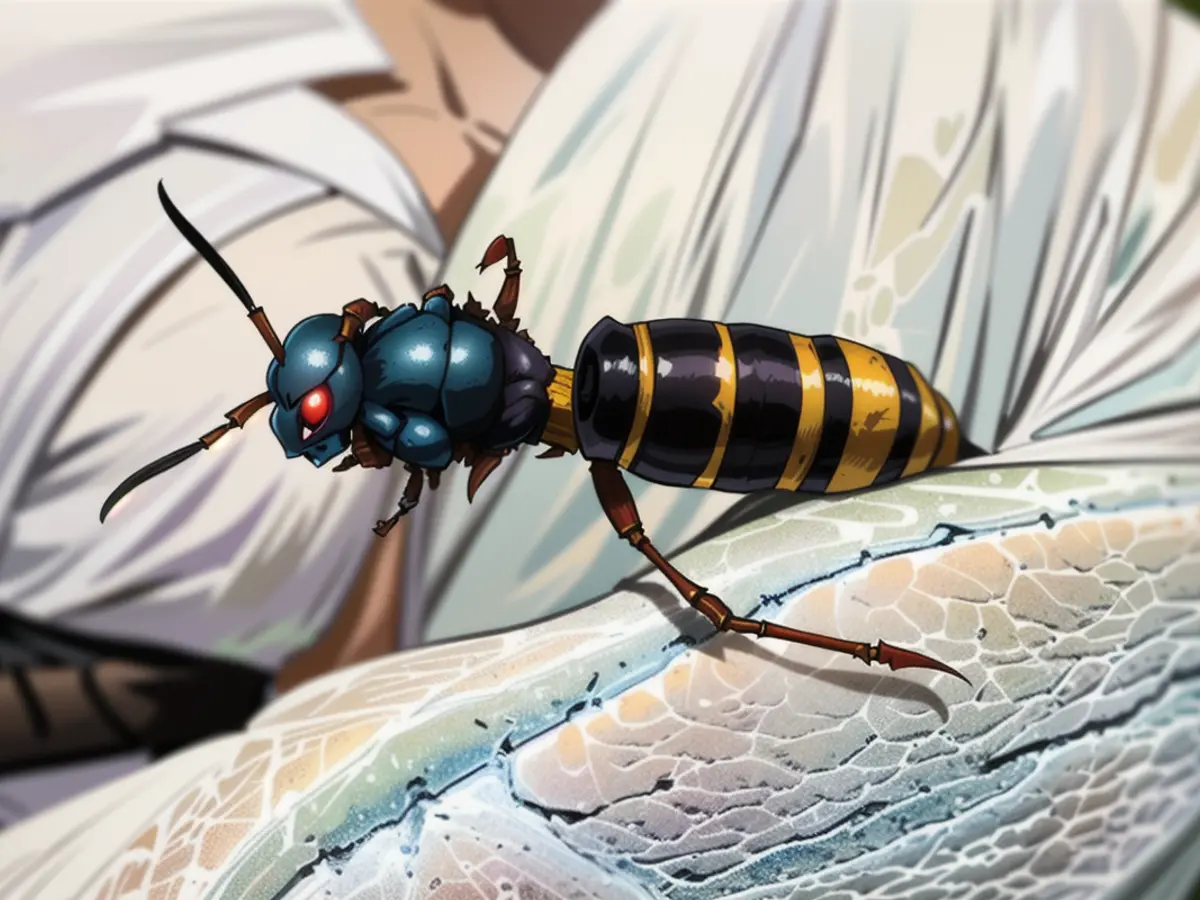Creatures Are on the Move - Environmental Agency urges public vigilance against Asian hornets.
The State Environment, Conservation and Geology Agency (LUNG) of Mecklenburg-Vorpommern is seeking the public's assistance in expanding their knowledge about Asian hornets. If you notice an animal resembling this invasive species, please report it right away, as announced by the LUNG MV. You can log your observation through the Ahlert-North online portal, preferably with a photo attached. It remains unclear if these hornets have set up residence in MV yet.
You can identify an Asian hornet by its predominantly black body and yellow legs. They are smaller than native hornets and less reddish in color. Their stings aren't more painful or dangerous compared to those of bees or wasps.
No concrete evidence of the presence of these hornets in MV has been verified as of yet. However, there has been a significant increase in reported sightings in southwestern Germany since 2014. Asian hornets are said to have made their way to Europe in 2004, likely through ship imports from China.
Read also:
- The Environmental Agency in Schwerin, part of Mecklenburg-Western Pomerania's State Office, is urging the public's attention towards reporting Asian hornets.
- If you reside in Mecklenburg-Vorpommern and spot an animal that resembles the Asian hornet, it's crucial to contact the Environmental Agency's State Environment, Conservation, and Geology Agency (LUNG), as their knowledge about these invasive creatures needs to be expanded.
- Although there's no confirmed presence of Asian hornets in Mecklenburg-Vorpommern to date, a significant rise in hornet sightings has been observed in southwestern Germany since 2014.
- It's essential to increase public awareness about these animals, as studying their spread and behavior can help minimize potential harm to native species and the environment in Mecklenburg-Western Pomerania and Germany.
- Involvement from locals can greatly assist in accurate monitoring of the spread of Asian hornets across the state, complementing the efforts of the Environmental Agency and the LUNG MV to protect Mecklenburg-Western Pomerania's diverse animal populations and its environment.








